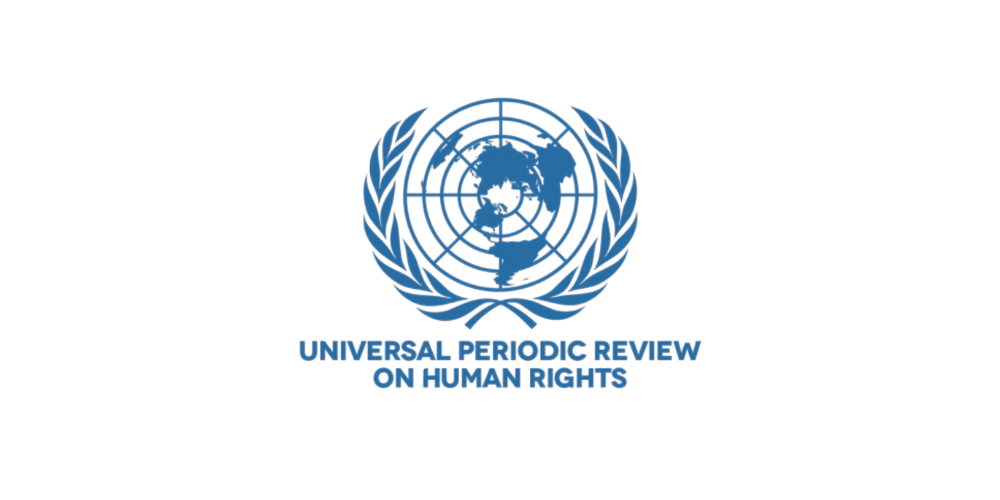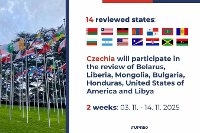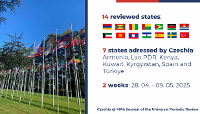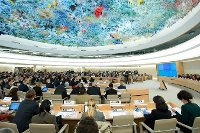
Universal Periodic Review
The Universal Periodic Review (UPR) is an intergovernmental mechanism of regular assessment of human rights situations in UN Member States. Established by the UN General Assembly in 2006, the UPR is one of the innovations stemming from the creation of the Human Rights Council.
The fact that all states are repeatedly – every 4 and a half years – subject to such human rights scrutiny by other countries and civil society stakeholders makes the Universal Periodic Review (UPR) procedure unique and instrumental in protecting and monitoring human rights worldwide. An important added value of the UPR is that it brings into the limelight also countries which are for various reasons seldom subject to HRC discussions but whose dire human rights record deserves attention of the international community.
All states had already been subject to the UPR three times. The fourth cycle began in November 2022. The human rights situation in Czechia was reviewed in 2008, 2012 and 2017. The fourth UPR of Czechia took place in 2023. Czechia is one of the most active countries in the UPR process.
The UPR is conducted by a Working group of the Human Rights Council three times a year (usually 14 countries in one session) and is based on information provided by the state under review, relevant UN human rights bodies and other stakeholders such as national human rights institutions and NGOs. During the UPR Working Group session, states make recommendations the country under review and ask questions on various human rights problems. The state under scrutiny either accepts or rejects the recommendations made. However, the UPR process is a voluntary exercise and there is no mechanism enforcing the implementation of recommendations the country in question endorsed.
For more information visit the UPR website.



